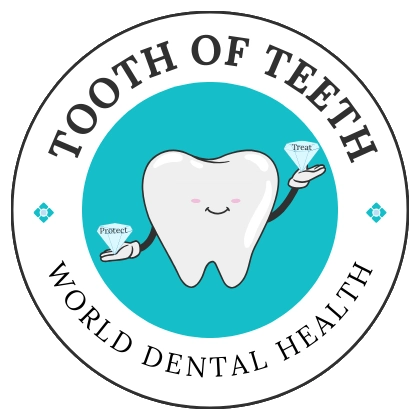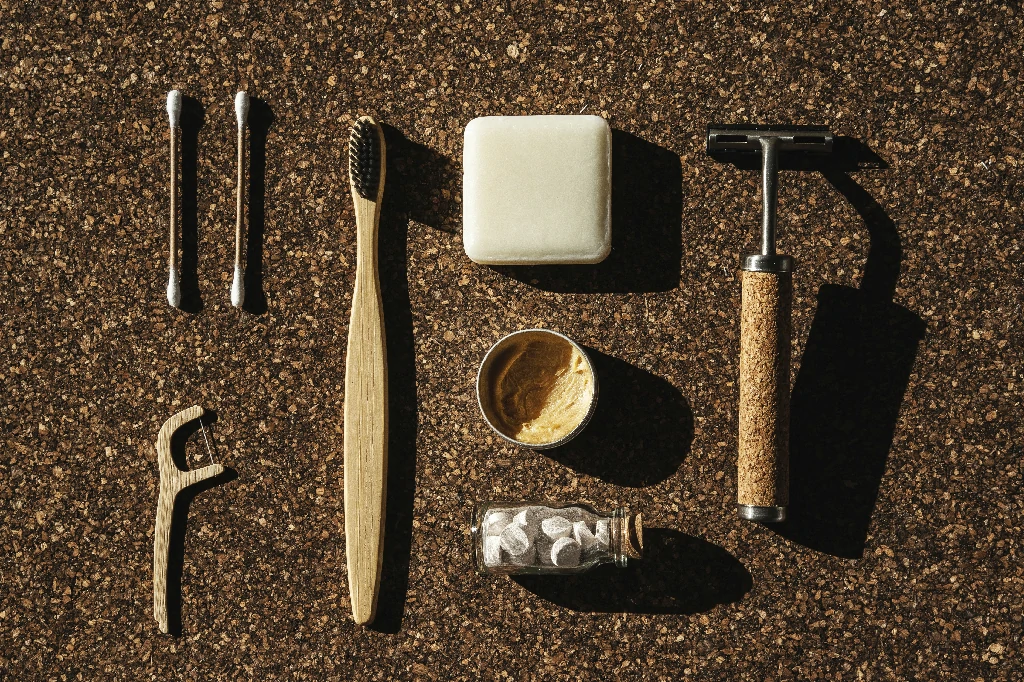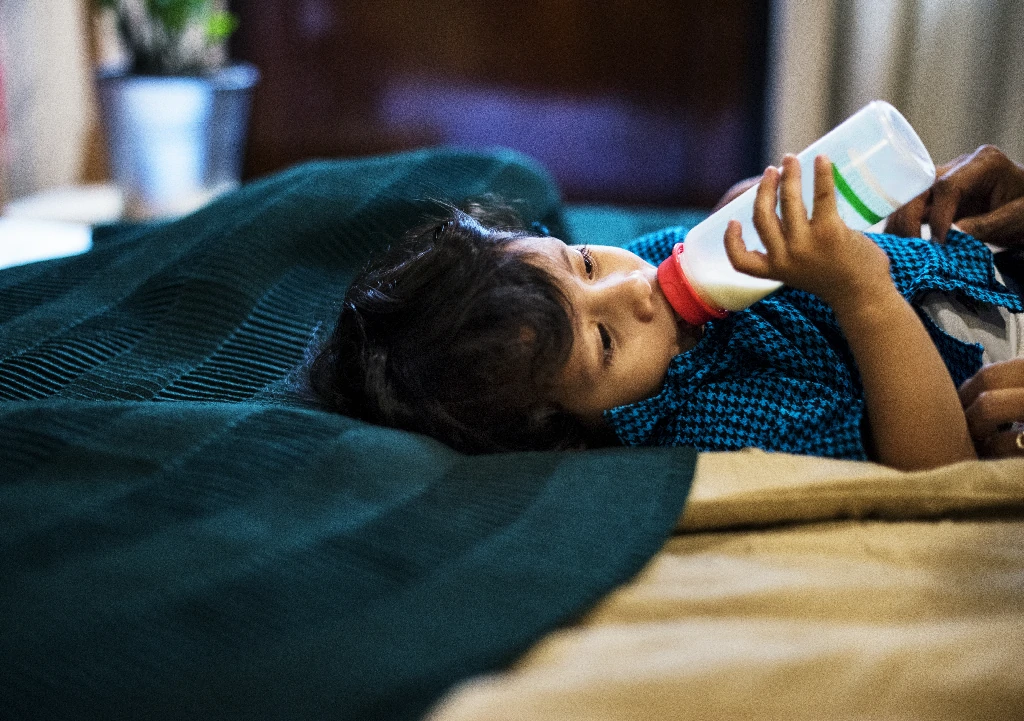Introduction
Oral health is an essential component of general health, yet maintaining healthy teeth becomes a major challenge during wars and crises. With a shortage of essential materials and medical care, people are more susceptible to oral diseases such as tooth decay, gum inflammation, and tooth loss. However, throughout history, previous generations have managed to maintain their oral health using simple and natural tools that were available to them, helping them overcome these health challenges.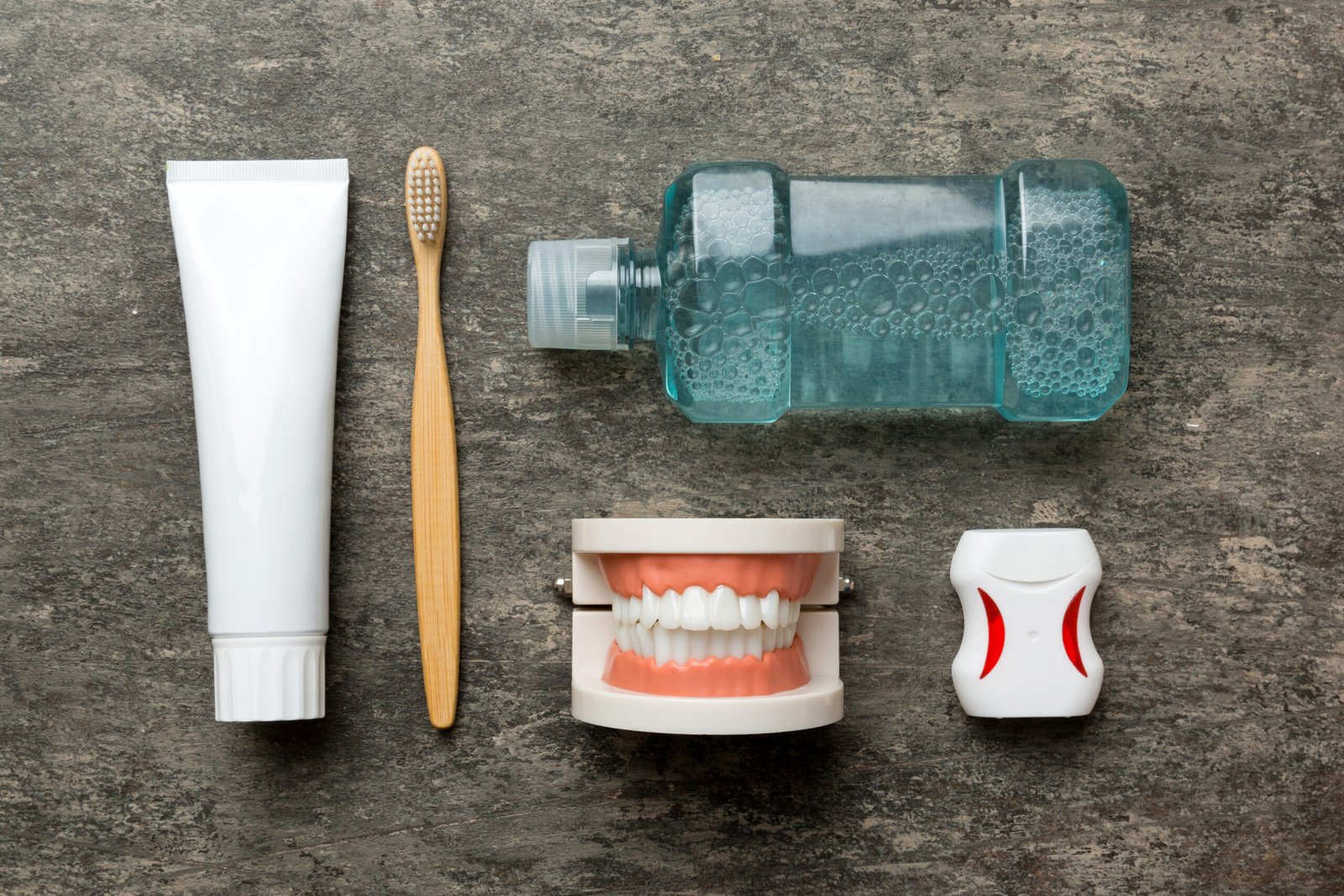
Challenges Facing Oral Health During Wars
During wars, individuals face many challenges that negatively affect their general and oral health. Some of the main challenges include:
- Lack of Medical Supplies: Supply lines are often disrupted or delayed during wars, leading to severe shortages in medical equipment, including toothpaste, toothbrushes, and disinfectants.
- Poor Nutrition: Malnutrition and lack of access to healthy food during conflicts lead to worsened oral health problems. People often rely on canned foods high in sugar, which increases the risk of tooth decay.

- Limited Access to Dentists: With difficulty accessing regular medical care during wars, individuals are unable to address dental problems at early stages, leading to more severe issues.
According to a study published by the World Health Organization, the tough conditions people face during wars increase the likelihood of health problems, including oral diseases. The study shows a 40% rise in dental disease cases during wars compared to peacetime.
How Previous Generations Maintained Oral Health
Before the invention of modern dental care tools, such as toothbrushes and toothpaste, previous generations relied on nature to maintain oral health. These simple methods, which may seem insufficient today, were highly effective in preventing oral diseases. Below are some of the methods and tools our ancestors used to maintain oral health:
1. Miswak (Chewing Stick)
Miswak, a natural stick from the roots or branches of trees such as the Salvadora persica tree, contains natural compounds effective in cleaning teeth. It acts as a natural antibacterial agent and strengthens gums. Studies published in the Journal of Periodontology show that using miswak helps reduce cavities and gum inflammation, and it is effective in cleaning teeth without the need for toothpaste.
2. Charcoal
Using charcoal to clean teeth is not a new practice. Ancestors relied on charcoal because of its natural properties in removing impurities and whitening teeth. Charcoal contains substances that can absorb toxins and food residues, making it an effective means of oral cleaning. There are studies, like those published in the Journal of Clinical Dentistry, supporting charcoal’s effectiveness in oral care.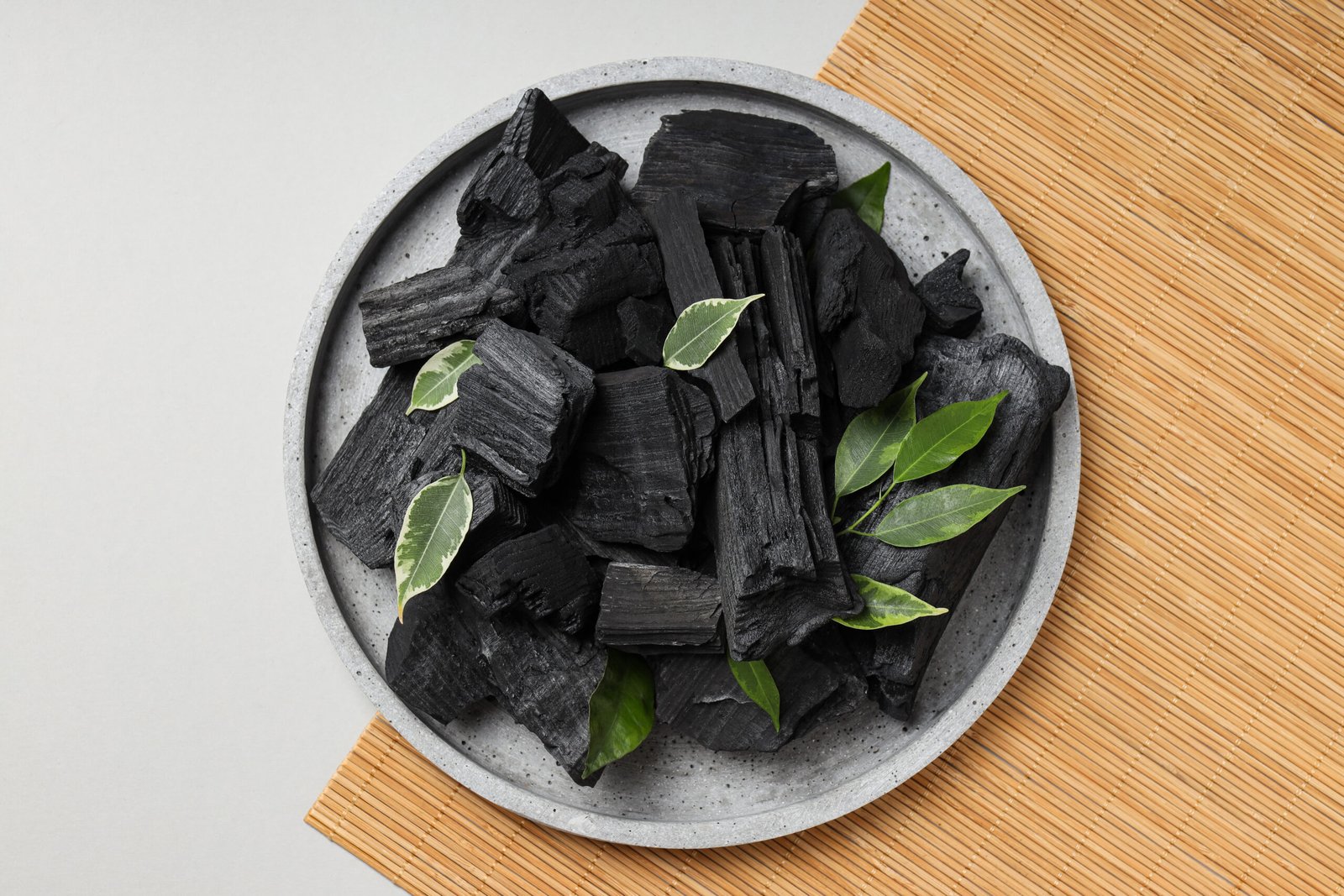
3. Salt Water
One of the oldest methods used for oral hygiene is rinsing with saltwater. Salt acts as a natural disinfectant that helps kill bacteria and clean the gums. In times when toothbrushes were unavailable, this method was an effective way to maintain oral hygiene.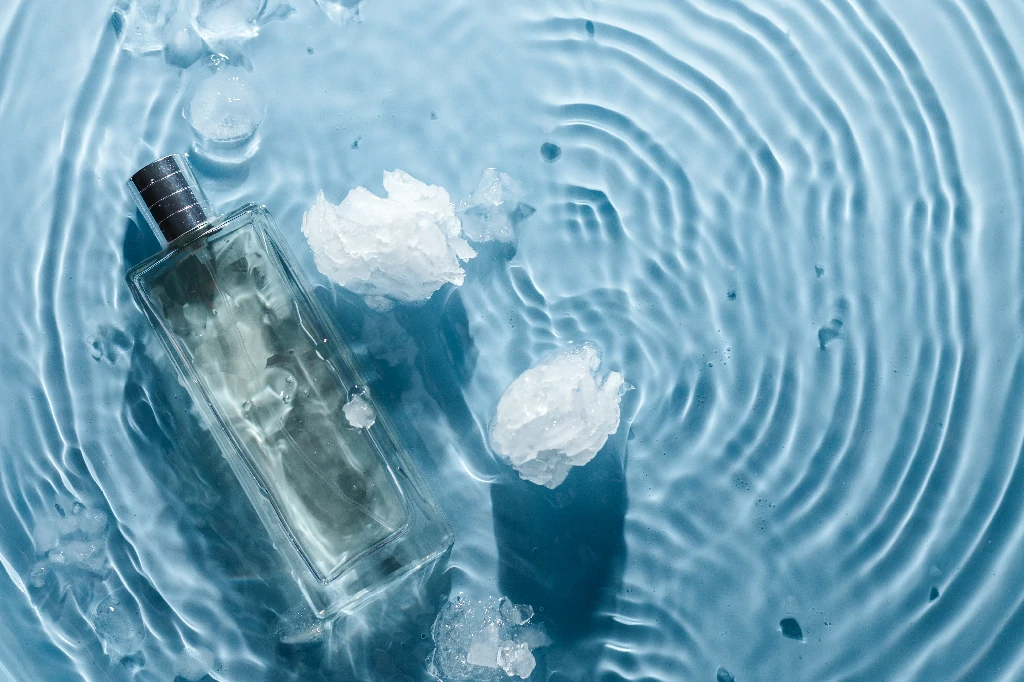
4. Natural Herbs
Previous generations used many natural herbs to maintain oral health. For example, mint and sage leaves were used as natural antiseptics, chewed to disinfect the mouth and freshen breath. Some cultures also used plant extracts such as Neem, which has proven effective in reducing bacteria responsible for tooth decay.
How to Maintain Oral Health in Difficult Conditions
During wars or crises, even without modern tools, maintaining oral health is possible by following some simple steps and preventive practices. Here are some tips:
1. Use Miswak as a Toothbrush Alternative
If a toothbrush is not available, miswak can be an effective alternative. As mentioned earlier, it contains natural antibacterial compounds and can be used daily to maintain oral hygiene. It is recommended to cut the tip of the miswak every few days to keep it clean.
2. Reduce Sugar Consumption
During crises, individuals often rely on canned and dried foods high in sugar. Reducing the consumption of these foods is crucial to avoid tooth decay. These sugary foods can be replaced with fresh fruits and vegetables.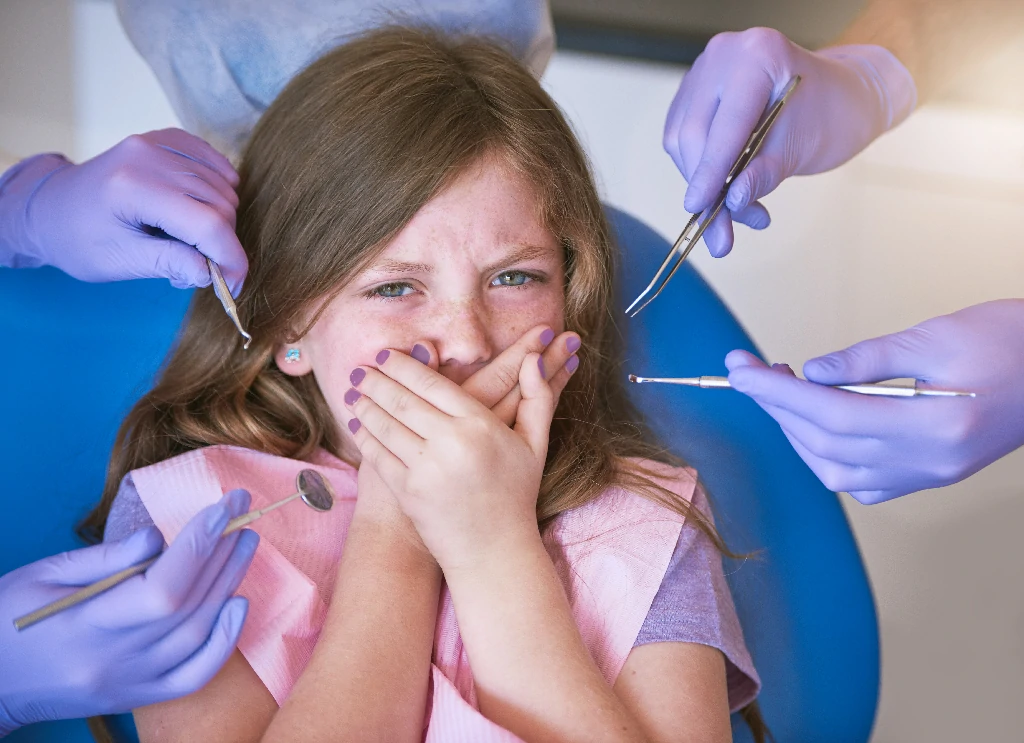
3. Rinse with Salt Water
Saltwater is an effective and inexpensive way to clean the mouth. A salt solution can be prepared by dissolving a teaspoon of salt in a cup of warm water. This solution is used to rinse twice daily to kill bacteria and maintain gum health.
4. Drink Plenty of Water
Regular water intake naturally helps clean the mouth. Water removes food residues and reduces mouth dryness, which can increase bacterial growth.
5. Eat Hard and Crunchy Foods
Certain hard foods, such as carrots and apples, act as natural cleaners for the teeth. Regularly eating these foods helps remove food particles stuck between teeth and stimulates saliva production, which maintains oral balance.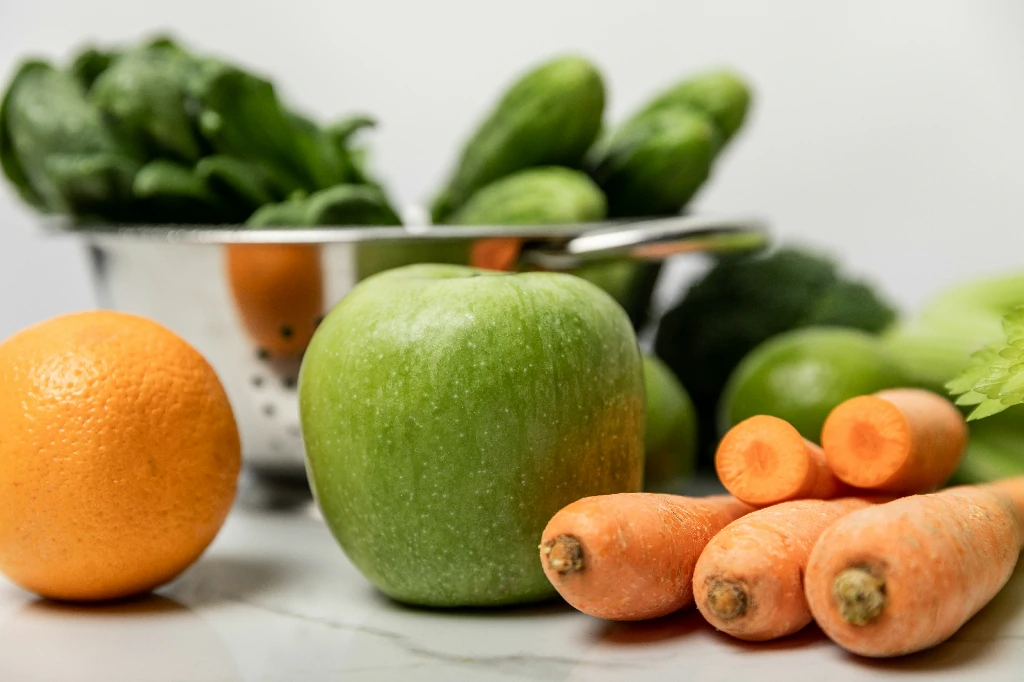
Preventive Care: Steps to Maintain Oral Health During wars
Preventive care can be the key factor in maintaining oral health during wars. By following some simple tips and health practices, the likelihood of oral problems can be significantly reduced:
Clean teeth after every meal: Even without a toothbrush, fingers or a clean cloth can be used to clean teeth after eating.
Drink large amounts of water: Keeping the mouth hydrated reduces bacterial growth.
Use natural herbs: Herbs like cloves contain antibacterial compounds and can be chewed as a method of mouth cleaning.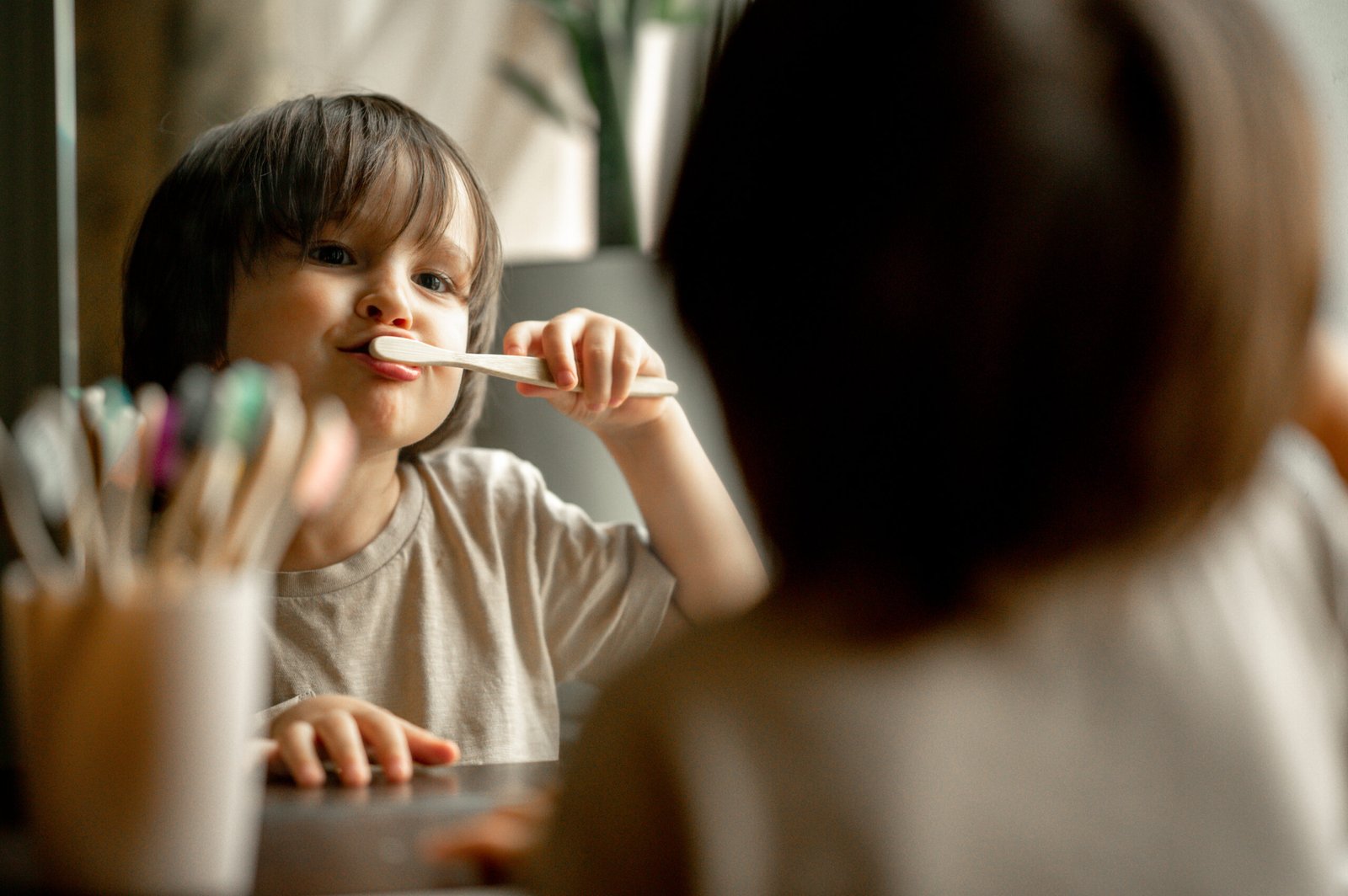
Returning to Nature: How Modern Generations Deal with Crisis
With increased awareness of the importance of physical and oral health, people have started looking for natural ways to maintain oral health. The revival of using miswak, natural herbs, and saltwater rinses has become popular solutions among people (under wars) in areas suffering from resource shortages. These ancient methods are still effective and provide a practical alternative to modern healthcare. Recent studies have shown that traditional cleaning techniques can be just as effective, or even more so, than modern methods in challenging conditions.
Modern Challenges and Recent Scientific Research
Given the ongoing wars and conflicts in various parts of the world, research institutions have begun focusing on providing practical solutions for oral care in difficult conditions. Some organizations are developing simple tools, such as biodegradable toothbrushes and antibacterial tablets, that can be distributed in conflict zones. These innovations aim to provide accessible solutions to populations who lack access to basic dental care.
A study published in the International Journal of Dental Hygiene examined the effectiveness of traditional oral hygiene methods, such as miswak, compared to modern techniques. The study concluded that miswak could provide a comparable or even superior level of oral hygiene in environments where modern tools are unavailable.
Conclusion
Maintaining oral health during wars and crises is not impossible. Although modern medical tools may be scarce, reliance on natural methods and simple tools has proven to be effective throughout history. By reviving some of these traditional methods and combining them with preventive care strategies, individuals can successfully protect their teeth and gums even in the most challenging circumstances. As scientific research continues to focus on practical solutions for oral care in crises, people have access to more alternatives to help maintain their health, regardless of the conditions.
